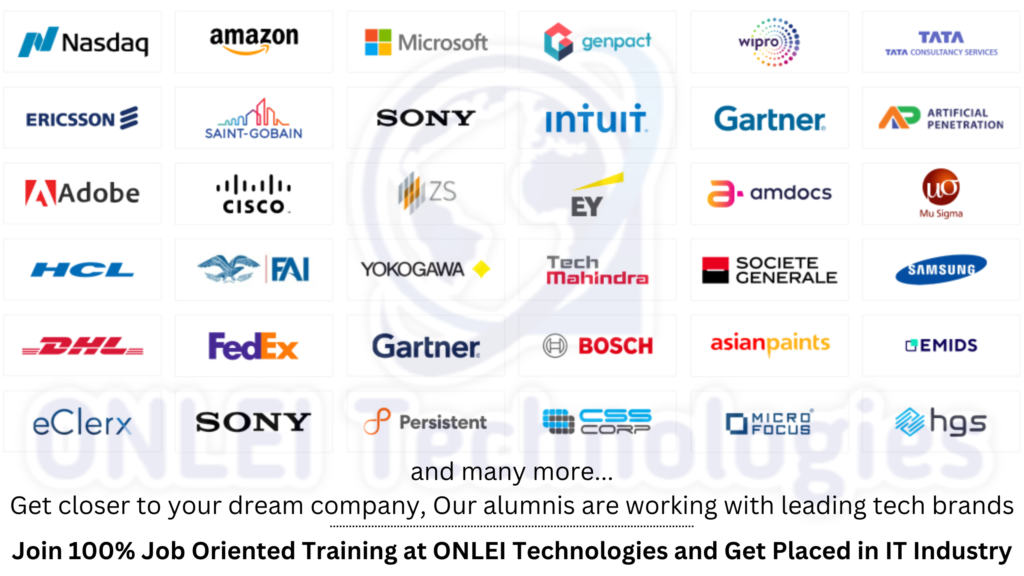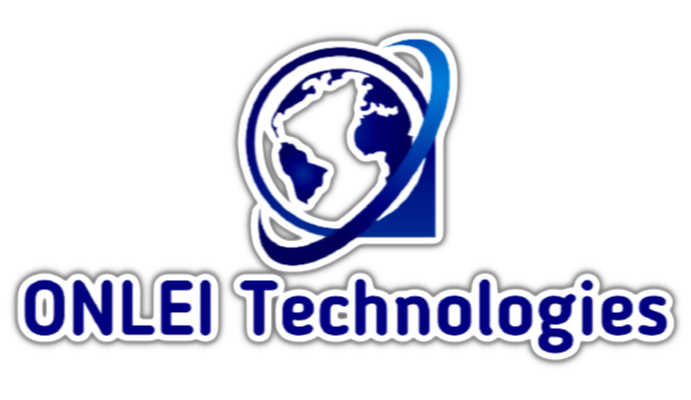Humans used to do all the hard work with limited resources before computers were invented. With the development of computers, it became possible to perform massive calculations and data storage with a single mouse click. Still, the system could not be used without a human operator. Now, the ever-evolving technology will make it possible to eliminate humans as well.
Imagine giving instructions to your computer to complete this, that, and the report for you. Is it feasible and efficient?
The response is “yes.”
RPA, or robotic process automation, comes into play right here. Automating basic and repetitive office tasks is done with RPA systems.
This kind of technology has the potential to have a significant impact on the development of BPO in the future.
BPO, or business process outsourcing, is a practice that has been around for some time and is getting more and more popular. BPO is used by lean start-ups and multinational corporations, but there is still a lot of confusion about what it is, its benefits, its risks, and how it works with robotic process automation (RPA).
What is Business Process Outsourcing ?
The practice of using a third-party provider to carry out business processes is known as BPO. Accounting, payroll, customer service, and marketing are all common areas of business that are outsourced to BPO vendors.
The types of tasks that can be outsourced using Business Process Outsourcing can be divided into two categories, despite the fact that the examples vary and are typically owned by different business divisions:
- Back office functions : Processes that primarily include internal operations like billing, purchasing, payment processing, and IT services are referred to as back office functions.
- Front office functions : Operations that involve acquiring and assisting an organization’s clients are referred to as front office functions. Marketing and sales activities, technical support, and customer success are basic front office processes.
Business process outsourcing can also be broken down into the following subcategories based on the location of the contracted third-party vendor:
- Offshore: Offshore refers to BPO vendors based outside the nation of the organization. An example of an offshore vendor would be an American business that outsources business processes to an Indian provider.
- Nearshore: BPO vendors that are situated in nations that are close by are referred to as “nearshore.”
- Onshore: BPO providers that are based in the same country as the companies that outsource their business processes are called “onshore.” An example of an onshore provider would be a company in Chicago, Illinois, that outsources its processes to a vendor in Austin, Texas.
What is Robotic Process Automation (RPA) ?
The use of software robots, or “bots,” to complete repetitive, rules-based tasks within or between computer systems is known as robotic process automation, or RPA. There is no need to create original software integrations because the bots carry out this work through preexisting user interfaces.
With RPA, bots are trained to operate software almost like humans would (using the same user interface and producing the same results, but not necessarily at the keystroke level). This method can also be used to complete tasks that require multiple programs to be completed. Bots can scale to meet changing demand once they have been trained to do a task.
Without the need for breaks or quality checks, bots quickly complete tasks in the same way each time. RPA is a great fit for back-office processes that rely heavily on data. Bots can assume control over information passage or relocation between bookkeeping sheets, for example, or between messages, contact structures, or detailing stages — however these are only a couple of instances of the many purposes for RPA.
How will outsourcing be affected by robotic process automation?
Do you think that the old methods of Business Process Outsourcing (BPO) have died out?
This might be the case.
In order to meet rising customer expectations, the most recent Harvey Nash reports indicate that nearly 33% of Asia-Pacific CIOs are implementing cutting-edge technologies.
In the business world, automation is the new craze, and it’s here to take over some routine daily tasks.
7/10 tech giants are leveraging their technological capabilities to enhance the user and employee experience in order to keep up with the ever-changing trends in the global market.
In all major industries, robotics are now an essential part of the automation process. The term “Robotic Process Automation” (RPA) is a recent buzzword in the market.
Take a course in robotic process automation if you want to stop dealing with unnecessary human intervention and instead concentrate on improving the quality of your work!
RPA’s threat to BPO
The threat that RPA poses to BPO RPA has the potential to render many outsourcing partnerships obsolete. Experts from Deloitte Consulting, Everest Group, and KPMG estimate that RPA outperforms outsourcing by more than 70%. However, RPA’s threat to outsourcing extends beyond cost savings. Companies stand to gain the following advantages if they adopt RPA as their outsourcing strategy:
Unlimited authority: Your automation is driven and delivered by your organization, making it impossible for an outsider to lose sight of your business’s objectives and vision.
Reduce costs: RPA implementation and design typically come in at a fraction of the cost of a typical outsourcing contract.
Numerous applications: RPA can be used for a wide range of business procedures. RPA is a good fit for tasks that can be defined and based on rules.
Scale according to demand: RPA can be quickly and easily scaled up or down to meet the changing needs of your business.
Transparency in communication: Your RPA robot only needs one training session. After that, the bot can reliably, accurately, and without complaining repeat the task sequence.
Accuracy: RPA robots are incredibly exact.
Compliance: RPA can be programmed to always adhere to a predetermined set of operating procedures and to keep an audit trail of its actions to ensure compliance with business requirements.
In a nutshell, since RPA can be carried out entirely in-house, businesses can avoid many of the drawbacks of outsourcing and take advantage of the majority of its advantages.
What effect does RPA have on business process outsourcing?
When businesses re-absorb their business processes and automate them in-house, it is commonly believed that robotic process automation (RPA) will replace business process outsourcing.
The more sensible situation that is now happening as expected is that RPA is another help BPO merchants offer under their umbrella. It is thought that outsourcing the automation of business processes to a BPO vendor is another way to combine the advantages of RPA and BPO to get even more value by adding value propositions like:
- Lower operating expenses
- Increased productivity
- Better output quality
- Fewer errors all contribute to better customer and employee experiences.
The shortcomings of RPA in comparison to outsourcing
Don’t blink; this section is brief due to the few shortcomings of RPA in direct comparison to outsourcing.
Scannable images and unstructured data, such as free-form emails and attachments, cannot be processed by RPA as effectively as by a human. To be useful to the bots, businesses must first accurately digitize this kind of data using OCR or technology similar to it.
An error in one entry or transaction can be repeated across multiple entries in multiple applications because of RPA’s very nature.
RPA’s productivity and competitive advantage over a human counterpart are diminished if a company frequently changes its standard processes because RPA is best suited to rules-driven processes.
Because human interaction can never be replaced by RPA robots, some outsourcing tasks are simply not suitable for this technology.
Bringing it home for the midmarket business
If you’re a mid market business, you might think that talking about offshore or nearshore outsourcing doesn’t really matter to you. And you might be correct. Yet, proficiency, efficiency, and cost reserve funds are pertinent to you – and that is what’s really going on with Rpa. RPA excels in this segment of the midmarket. Mid Market businesses greatly benefit from RPA. Utilizing your assets is even more important when you have fewer resources than larger businesses. Your mid market business can grow and scale with agility and precision with the help of robotic process automation, allowing you to invest in strategic tasks that reward your human capital as well as your bottom line.
Important Links
- Python Course
- Machine Learning Course
- Data Science Course
- Digital Marketing Course
- Python Training in Noida
- ML Training in Noida
- DS Training in Noida
- Digital Marketing Training in Noida
- Winter Training
- DS Training in Bangalore
- DS Training in Hyderabad
- DS Training in Pune
- DS Training in Chandigarh/Mohali
- Python Training in Chandigarh/Mohali
- DS Certification Course
- DS Training in Lucknow
- Machine Learning Certification Course
- Data Science Training Institute in Noida
- Business Analyst Certification Course
- DS Training in USA
- Python Certification Course
- Digital Marketing Training in Bangalore
- Internship Training in Noida
- ONLEI Technologies India


